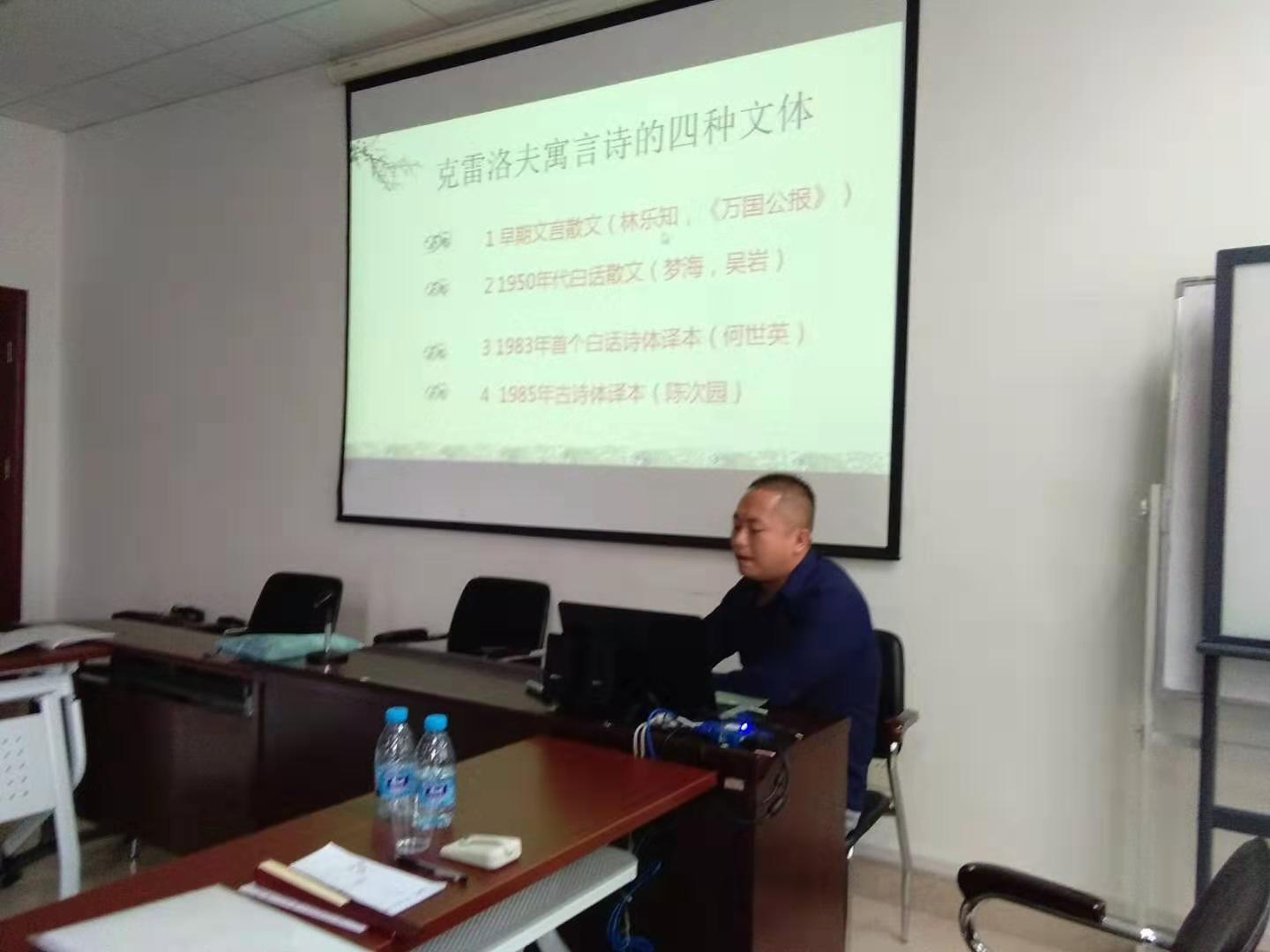Xiamen University hosted the Global Humanities Festival (GHF) from April 24 to April 26, 2019. With the theme of “Ideal, Mission and Execution”, the three-day festival brought together over 130 prominent scholars and principals of academic institutions from across the world. Events included academic lectures, academic dialogues, open forums, humanities teaching seminars and cultural presentations.
Speakers at the opening ceremony included Zhang Rong, president of Xiamen University; Chao Gejin, professor of the Chinese Academy of Social Sciences and chairman of CIPSH (the International Council for Philosophy and Humanistic Studies); and Xiong Bingzhen, head of the Asian New Humaniteis Net (ANHN) and professor of history at the Chinese University of Hong Kong. There were three forums at the festival: the University Presidents Forum, the Deans and Department Chairs Forum, and the Guest Professors and Professors Forum. The fifteen speakers at these forums were Zhang Rong, Chao Gejin, Xiong Bingzhen, Ann Waltner, Adama Samassekou, Marianne Bastid-Bruguière, Laurent Tissot, James Steintrager, Tim Jensen, Philip Buckley, Tim Jensen, William McBride, Cao Shunqing and Peng Qinglong.
Participants of the Comparative Literature Workshop, part of the GHF, included Research Fellow Xu Delin and Associate Research Fellow Liu Xuelan from the Institute of Foreign Literature at the Chinese Academy of Social Sciences; Professor Qin Gang from Beijing Foreign Studies University; and CFLC Professor Zhou Yubei, Associate Professor Weng Bingying and Assistant Professor Li Chunyu. They discussed, in depth, the disciplinary development, history research and research purposes of comparative literature.
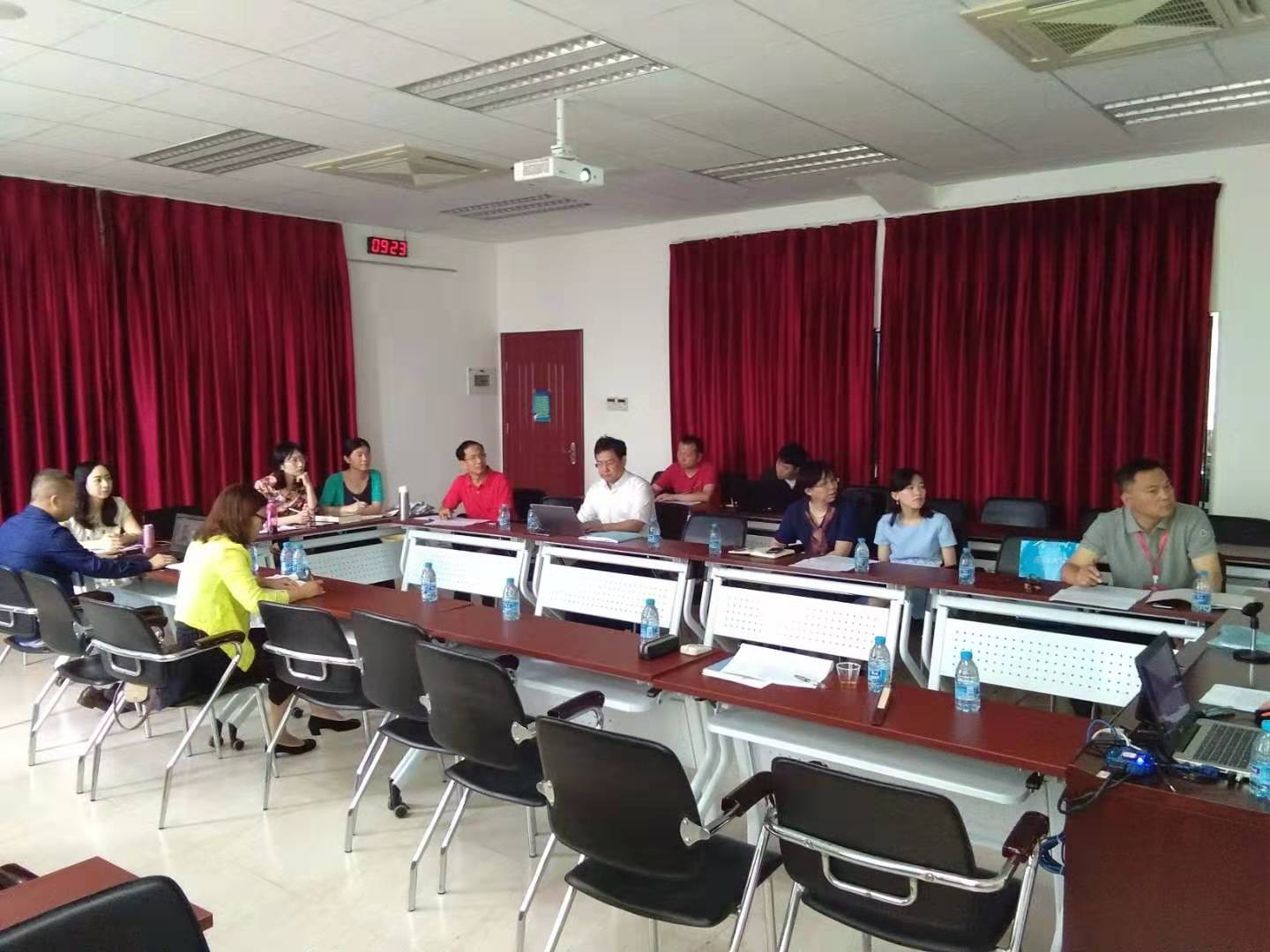
Xu Delin’s research report, entitled “Chinese Cultural Studies at the Crossroads”, points out that since 2016, scholars of cultural studies in mainland China have published a sharped increased number of writings. In the context of Chinese cultural studies, scholars concerned are often habitually labelled as collegiate intellectuals or public intellectuals: the former has either carried forward the tradition of cultural studies in China or increasingly focused on text research, integrated research, follow-up research and comparative research, while the latter has turned to social realities and internalized cultural studies into their own perspectives and methods for observing problems, shaping the academic landscape into a reality through social intervention. However, the binary opposition of thought-action and criticism-reality is obviously not free of the suspicion of simplification and absoluteness, and whether it has real rationality is open to discussion.
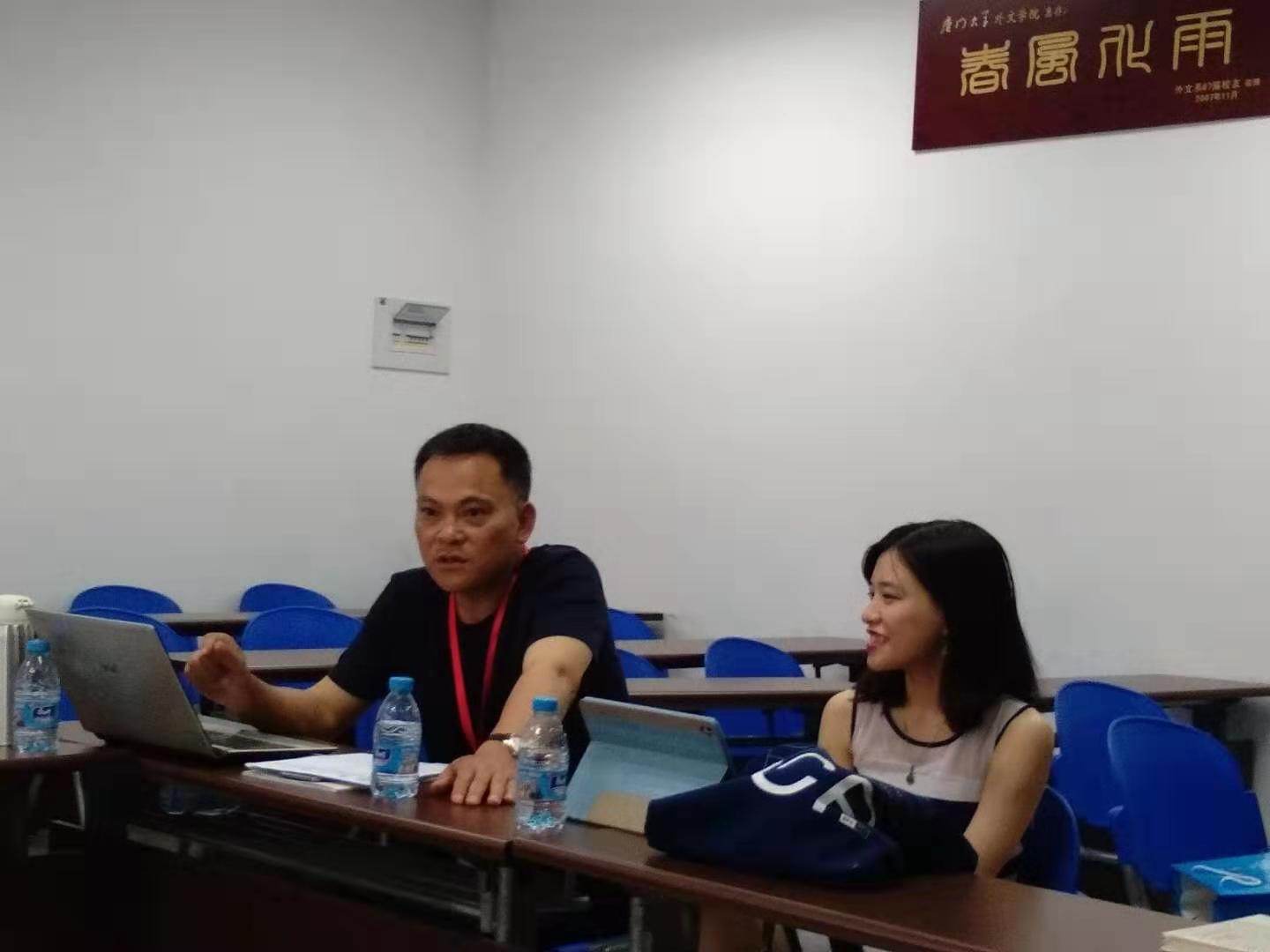
Liu Xuelan’s research report, entitled “The Ethical Turn of Violent Narration: In the Case of Perpetrator Literature”, elaborates on “perpetrator literature”, which had started in the 1970s and extended to the 1990s and even this century. It points out that the emergence of “perpetrator literature” is related to the “mediocre evil” contemplated by philosopher Hannah Arendt at the trial of Nazi officer Eichmann. At the annual meeting of the American Comparative Literature Association held at Harvard University, “the recurrence of perpetrators” became one of the topics of the conference, and the scope of the study of perpetrator literature expanded from the Holocaust to the recurrence of violence around the world. The genre of literature has also expanded from novels and poems to forms of expression such as film, television and painting.
Qin Gang’s research report, entitled “1945 – Japanese-Language Journals Published in Shanghai and Postwar Japanese Literature published”, explores the context and internal relationship between the journals from 1945 and Japanese wartime and postwar literature. These journals include “Continent”, “New Continent” and “Renewal” published in Shanghai at the end of World War II and in the early postwar period. Qin Gang had studied these journals at the National Library of China and the Library of Congress in the U.S.

Zhou Yubei’s research report, entitled “The Issue of Historicization in Literary Criticism”, points out that literary criticism has never been divorced from the process of historicization in the interpretation of texts. However, the historical behavior in literary criticism is constantly restricted by various trends of thought, such as reflection theory, determinism, new historicism and so on. In order to eliminate this rigidity, the historical method of literary criticism needs to equate history with background. Only in this way can literary criticism establish a pluralistic and multiple relationship between history and the text.
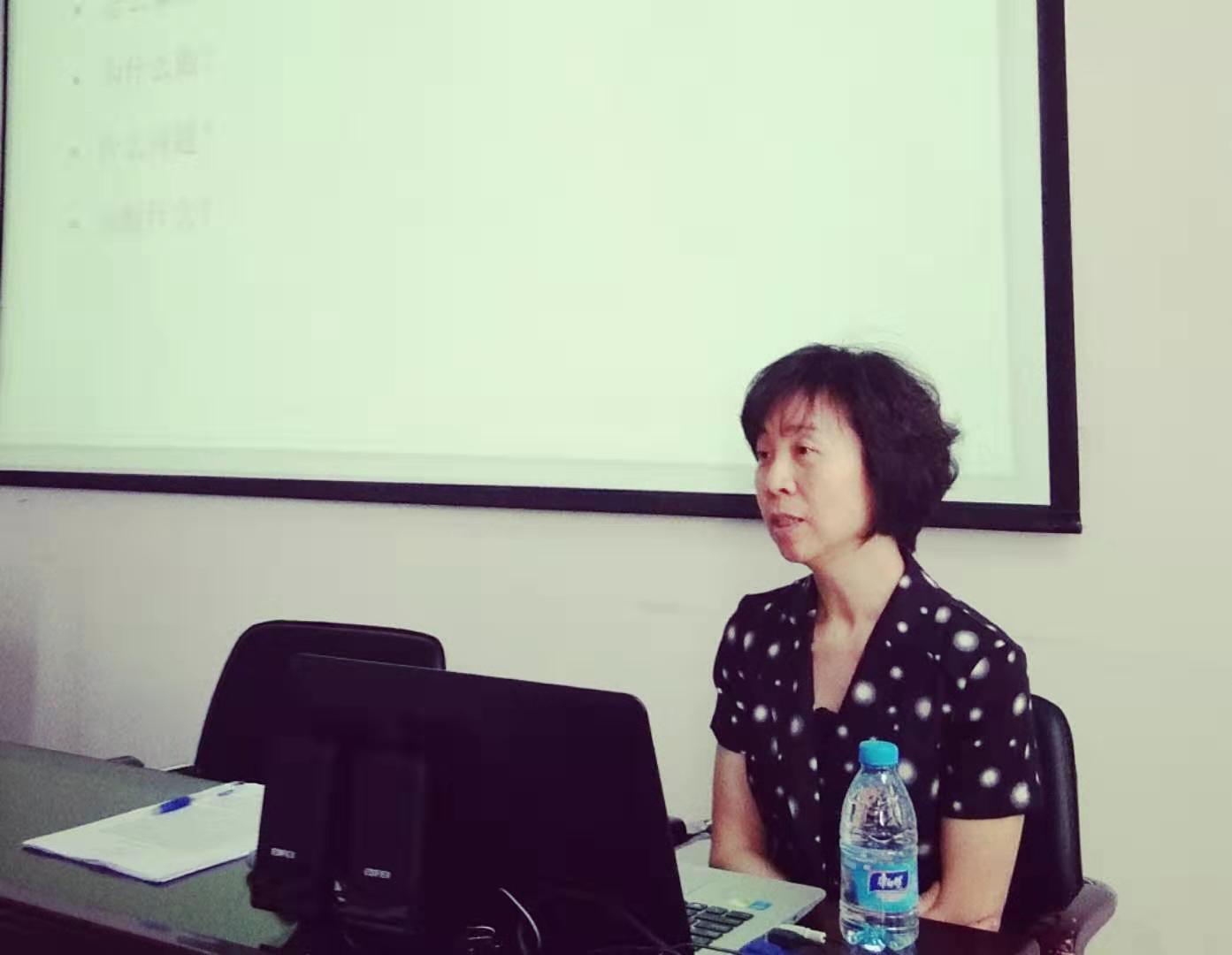
Weng Bingying’s research report, “Leap forward, Restoration and Text Space – Comparison and Appreciation of the Translations of the Beginning Paragraph of Missing Person”, compares the translations of the novel by Patrick Modiano by Wang Wenrong and Li Yumin, which have totally different styles. Drawing on Prof. Ute Heidman’s theory of “differentiated comparative study”, the report attempts to construct a system of comparative literary criticism centered on “differentiation” and “dialogue”. It also attempts to reflect the ups and downs of Modiano literature in China and reproduces the tortuous and circuitous evolution of values in the space of Chinese literature.
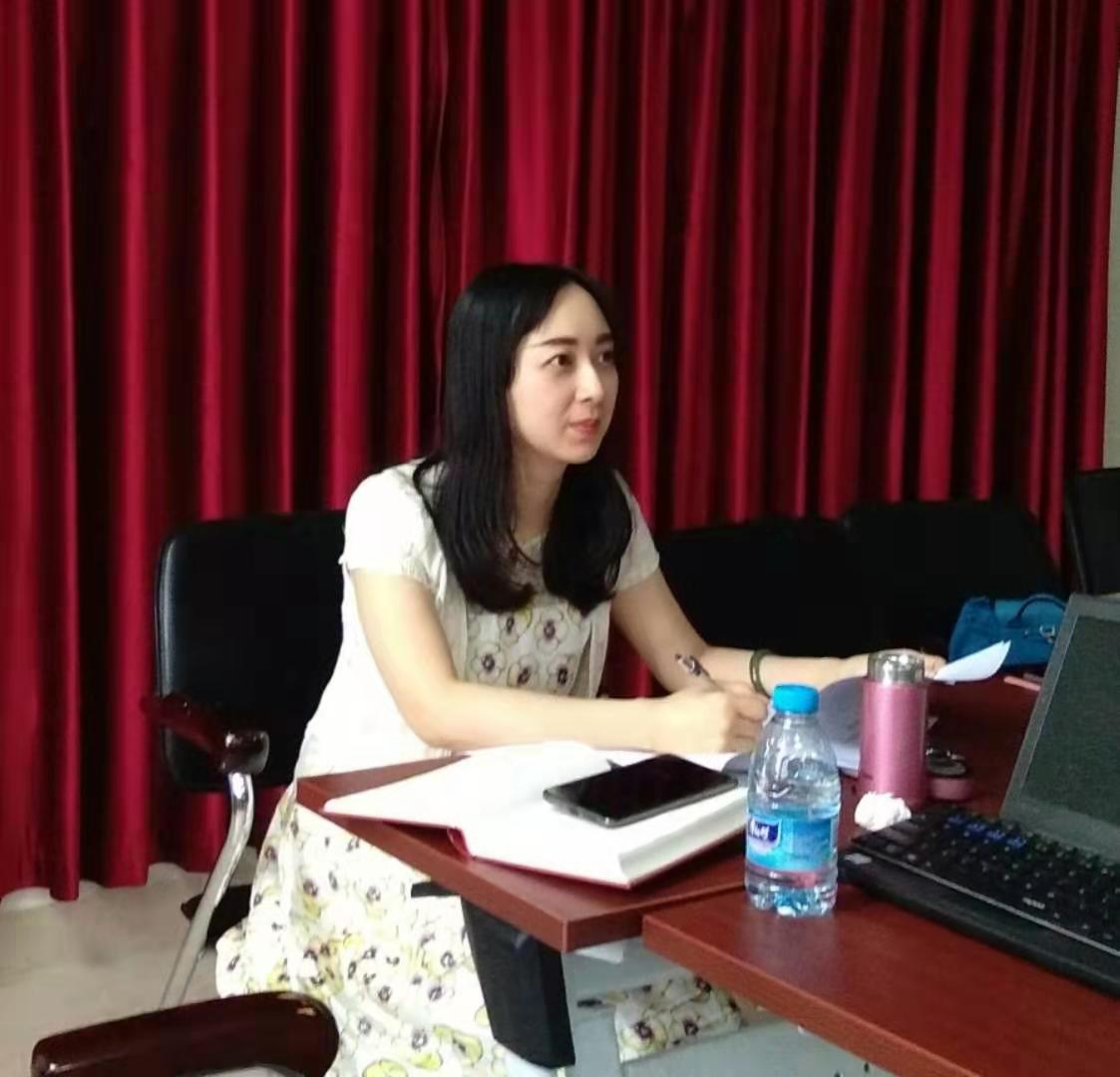
Li Chunyu’s research report, entitled “Translation and Acceptance of Krylov’s Fable Poems in China”, mentions that Ivan Andreyevich Krylov is a world-famous allegorical poetry writer, whose works have been translated into Chinese in the form of classical Chinese prose, vernacular prose, ancient poetry and modern poetry, and read in different ways, such as children’s literature, satirical literature and so on.
